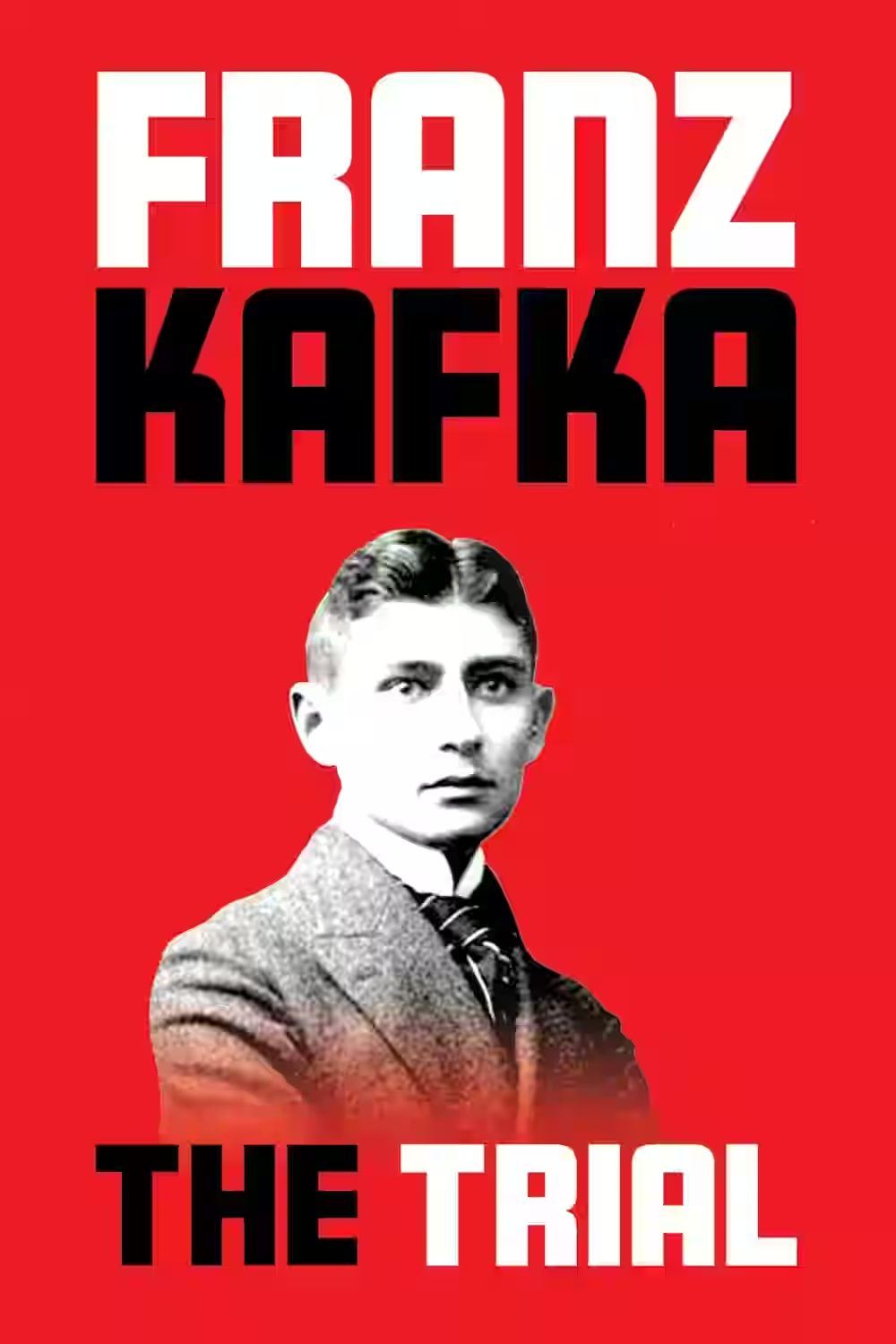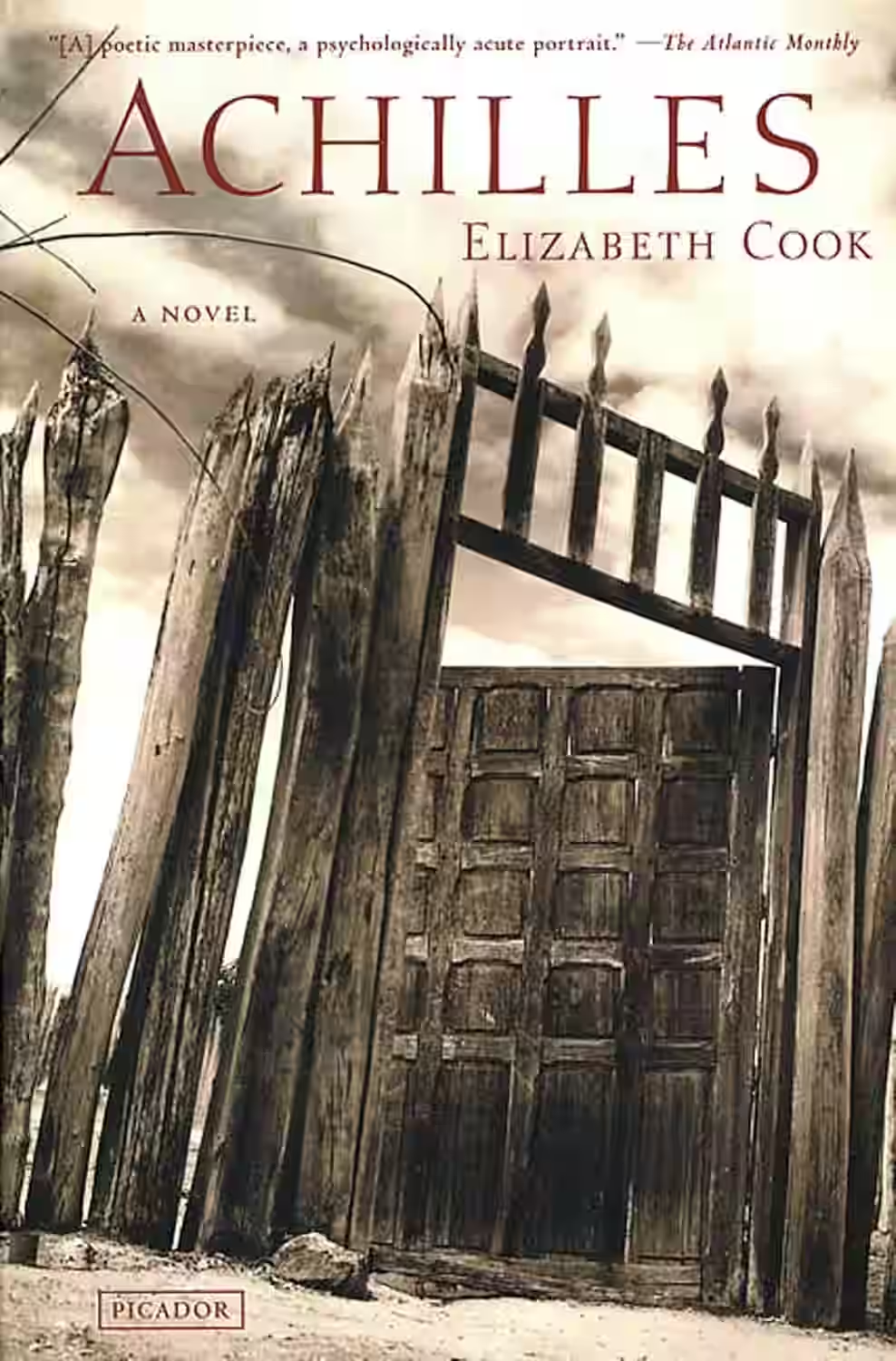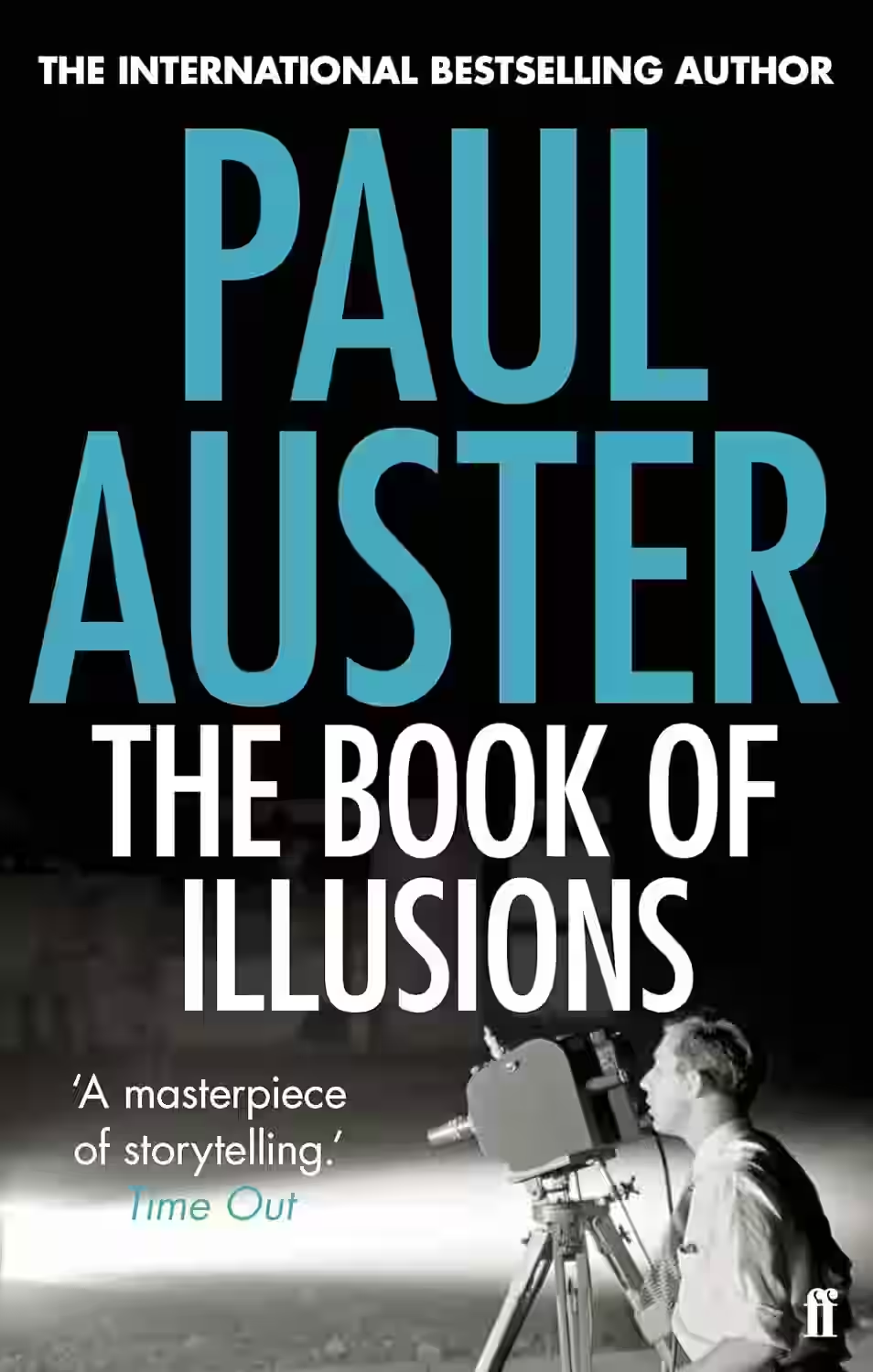
In Franz Kafka's 'The Trial,' readers are drawn into a haunting narrative that delves into themes of bureaucracy, alienation, and the absurdity of the legal system. The story follows Josef K., who is arrested and prosecuted by a mysterious court for a crime that is never disclosed. As he navigates a surreal and nightmarish world where he is confronted by elusive authorities and intricate procedures, Josef K.'s futile search for truth and justice mirrors the existential struggles of modern society. Kafka's enigmatic and atmospheric writing style captivates readers, leaving them pondering the nature of guilt, power, and the individual's place in a dehumanizing society.
About Franz Kafka
Franz Kafka (1883-1924) was a Czech-born German-speaking writer known for his profoundly introspective and nightmarish tales exploring themes of alienation, absurdity, and bureaucracy. Born into a middle-class Jewish family in Prague, Kafka worked at an insurance company to support his writing. His most famous works include 'The Metamorphosis,' where the protagonist wakes up as a giant insect, and 'The Trial,' a haunting narrative of an individual trapped in a bewildering legal system. Kafka's unique style, characterized by surrealism and existential dread, has greatly influenced 20th-century literature, with his name becoming synonymous with a sense of existential unease and the futility of modern life.
Similar Books

Brideshead Revisited
by Evelyn Waugh
Evelyn Waugh's 'Brideshead Revisited' masterfully captures the essence of nostalgia and the complexities of class and religion in early 20th-century England. The novel follows Charles Ryder, an artist and army officer, as he reflects on his youth and intricate relationship with the aristocratic Flyte family. At its core, it is a poignant exploration of faith, love, and memory, set against the backdrop of the opulent Brideshead Castle. Through Waugh's lyrical prose, the narrative scrutinizes the decline of the British aristocracy and the relentless march of modernity. With its richly drawn characters and a profound sense of loss, it remains a classic meditation on the passage of time and the enduring pull of the past.

Achilles: A Novel
Elizabeth Cook's 'Achilles: A Novel' reimagines the timeless legend of the Greek hero Achilles, blending myth with modern sensibilities to create a hauntingly beautiful narrative. Through lyrical prose, the novel delves deep into themes of love, destiny, and the inescapable pull of fate that surrounds the protagonist. Cook explores Achilles' complex relationships, particularly with Patroclus and Briseis, bringing emotional depth and nuance to these timeless characters. The story elegantly balances tragedy and introspection, providing a fresh perspective on his heroism and vulnerabilites. Cook’s ability to juxtapose the epic with the intimate makes this retelling both moving and thought-provoking.

The Book of Illusions
by Paul Auster
Paul Auster's 'The Book of Illusions' delves deep into themes of grief, identity, and redemption through a layered narrative that intertwines the lives of its protagonist, David Zimmer, and the enigmatic silent film star Hector Mann. Following a family tragedy, Zimmer immerses himself in Mann's films, writing a book that ultimately pulls him into a complex web of mystery and revelation. Auster masterfully crafts a thought-provoking exploration of how one's life can be dramatically altered by chance encounters and hidden truths, blending elements of noir and existential reflection. The novel captivates with its intricate plot and introspective prose, leaving readers to ponder the illusions that shape reality.

The Razor's Edge
In W. Somerset Maugham's classic novel "The Razor's Edge," readers are taken on a journey following the life of Larry Darrell, a World War I veteran in search of meaning and truth. The story delves into themes of spiritual enlightenment, personal growth, and the pursuit of one's essence. Through vibrant characters and rich narration, Maugham skillfully weaves a narrative that explores the societal constraints of the time and the individual quest for authenticity. Set against the backdrop of post-war uncertainty, the novel paints a poignant picture of self-discovery and the different paths one may take in the pursuit of happiness and fulfillment.